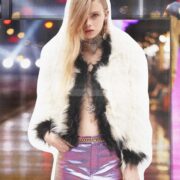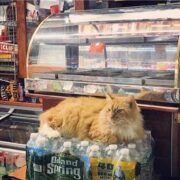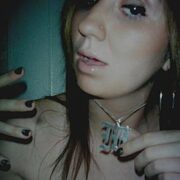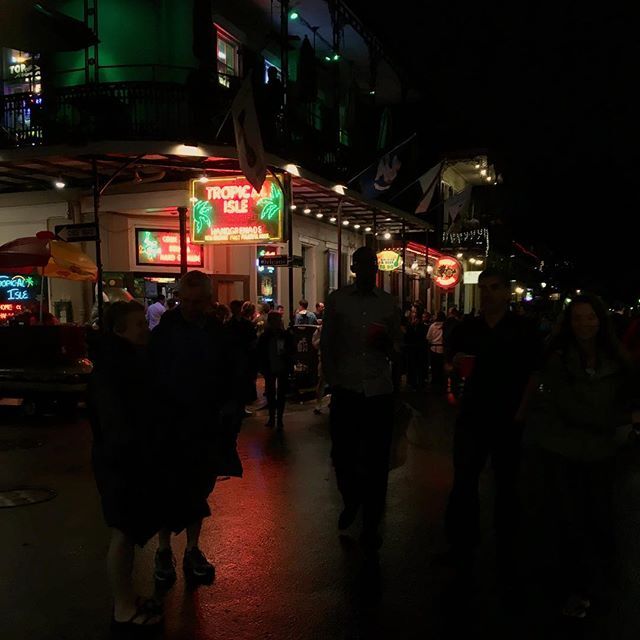The Return of Indie Sleaze Style
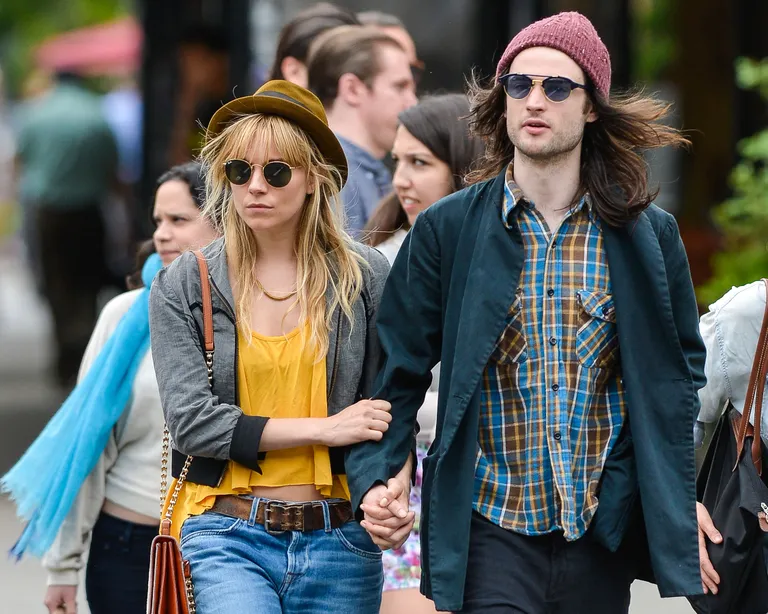
Just over a decade ago, the hipster reigned supreme. These paragons of coolness could easily be sussed out by their American Apparel gold lamé leggings, sideswept bangs, Richie Tenenbaum headbands, and tank tops with craterous armholes that dipped all the way to the hip bones.
They listened to bloghaus, an obscure music genre that mashed up indie, disco, and rave. They read Hipster Runoff, a stream-of-consciousness site run by a mysterious pseudonymous blogger named Carles. They partied, frequently, while dancing the night away to electro-pop bands with perplexing names like New Young Pony Club and Simian Mobile Disco. The attendant debauchery immortalized forever through amateur flash photography posted online the next morning.
Though a famous n+1 feature by Mark Greif, “What Was the Hipster,†declared the archetype dead in 2010, it clung on until 2012, when Macklemore released the honking anthem “Thrift Shop,†which effectively vanquished the style by Columbus-ing the ironic, novelty style that tastemakers had adhered to for at least a half-decade previous. It was as if the kitchen lights had been flicked on at 2 a.m., providing a short glimpse of cockroaches scattering to the edges of the room before they subsequently disappeared.
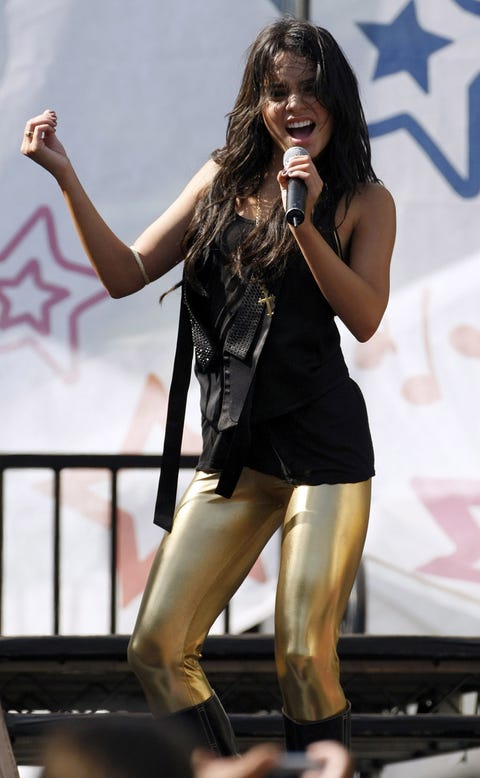
Vanessa Hudgens performs on September 7, 2008 in Santa Monica, California JEAN BAPTISTE LACROIX
As it turns out, hipster style was not dead—it was merely dormant. The hipster aesthetic, now dubbed “indie sleaze,†has been tapped for a comeback. Trend cycles have sped up to such a degree that the vanguard cool kids are now idolizing a time that was barely 10 years in the past.
A viral TikTok by Brooklyn-based trend forecaster Mandy Lee suggests there is an “obscene amount of evidence†that the aesthetic is coming back, citing a paparazzi photo of Bella Hadid sporting wired headphones. But the evidence extends much further than that.
Margaret Qualley lounges suggestively in lace ankle socks for the latest cover of HommeGirls magazine. (Cass Blackbird, a photographer who was around for the first iteration of indie sleaze, took the photos.) Kirsten Dunst appears on the November 2021 cover of Architectural Digest wearing the mid-aughts staple of black ankle-length leggings under a bohemian-style dress. And on TikTok, users sing the praises of “vintage†American Apparel.
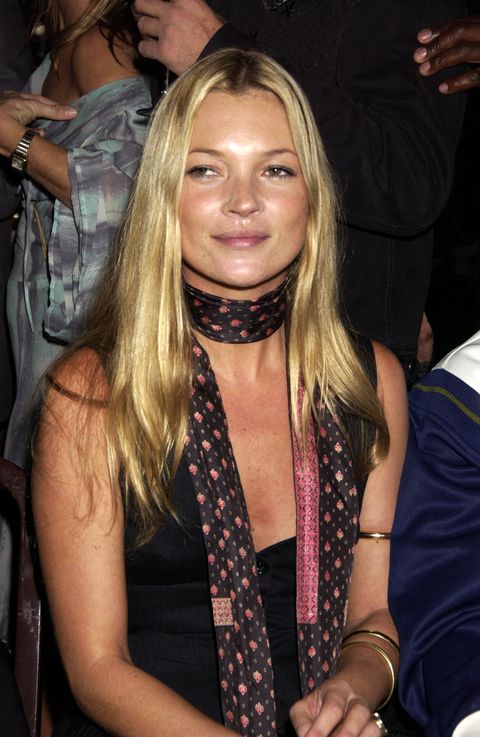
Kate Moss attends the Spring/Summer 2005 Frost French fashion event during London Fashion Week, September 19, 2004DAVE M. BENETT
“Indie sleaze feels very vague but also super specific at the same time. It’s American Apparel ads, flash photography, Urban Outfitters, Ed Banger records, Nylon magazine, and Myspace,†says Ilia Espialidi, a 24-year-old video editor from Greece who is just one of a growing cohort of Gen Z obsessed with dressing like it’s 2008. “I love how random and tacky it is.â€
Espialidi’s daily uniform consists of dark-wash skinny jeans, white granny socks, faux-leather loafers, and an oversized graphic tee, accessorized with pearls, cross necklaces, or bow headbands. “I enjoy [wearing] stuff that makes people skeptical at first or maybe even frown. The contradiction between being trendy and trashy is what makes this aesthetic such an iconic period in fashion for me,†she says.
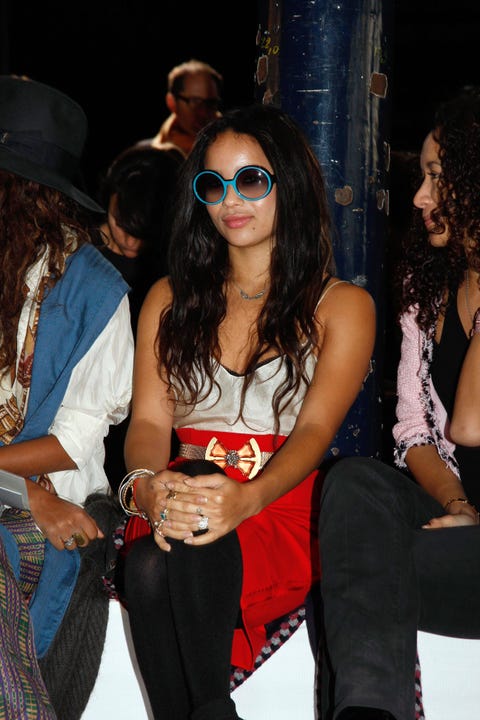
Zoe Kravitz at Paris Fashion Week on October 2, 2008 in Paris, France MICHEL DUFOUR
“It was an organic, free-spirited time of not caring, which I think people crave,†says Mark Hunter, the L.A.-based photographer whose blog, The Cobrasnake, was one of the progenitors of the look. “When you look at my photos, people look like they’re having the best time of their life. They’re not focused on the phone in their hand or posing for the camera. They’re living, basically.â€
Indie sleaze is about “authentic genuine fun and freedom,†Lee echoes. The time period between 2006 and 2012 was the last on earth before it became normal to walk around carrying a tiny computer with a professional-grade camera in one’s pocket. Nobody dressed up for the express purpose of being photographed—unless they were deliberately trying to get on the Cobrasnake. The ineffable quality captured by the party photography of the era is a result of its candid nature.
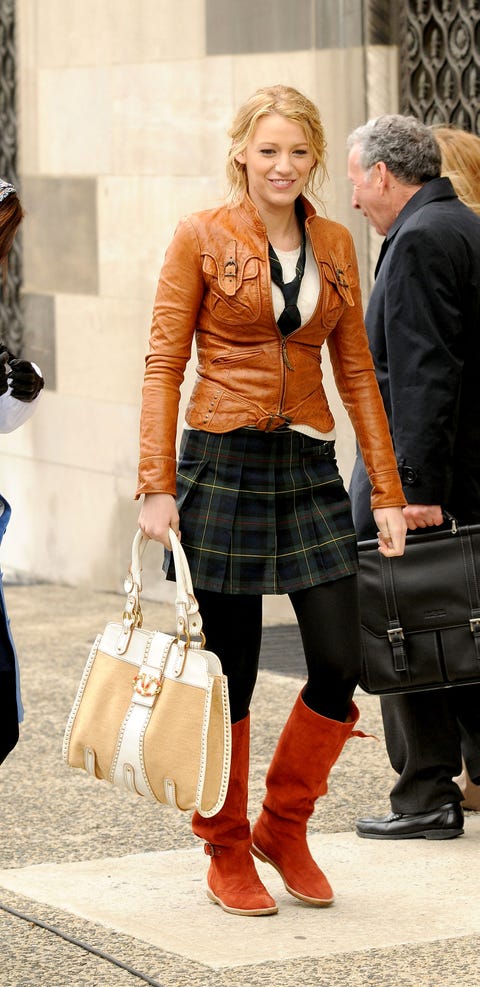
Blake Lively on location during filming of Gossip Girl on March 14, 2008 in New York City ARNALDO MAGNANI
Much of the appeal of indie sleaze is fairly straightforward and obvious. The current Y2K style revival has reached its zenith, making the 2010s the next natural destination for the nostalgia trend cycle to land. Further, its messy and chaotic countenance serves as a discernible rejection of the frictionless “millennial†aesthetic that dominated the previous decade, evinced by start-ups like Allbirds and Everlane whose utterly nondescript designs sanded down any indications of personal style into a smooth, uniform surface.
But the allure also goes much further. Indie sleaze serves as a somewhat painful reminder of the last gasp in time when it was possible to envision a future unscathed by the ravages of late capitalism. Olivia V., a 30-year-old video editor from Toronto who runs the Indie Sleaze Instagram account, remembers spending most of that era attending grungy house shows where bands played in the basement. “I saw Grimes play for $5,†she says. Today, the prospect of a sandwich, let alone a Grimes concert, for $5 seems like a ludicrous fantasy.
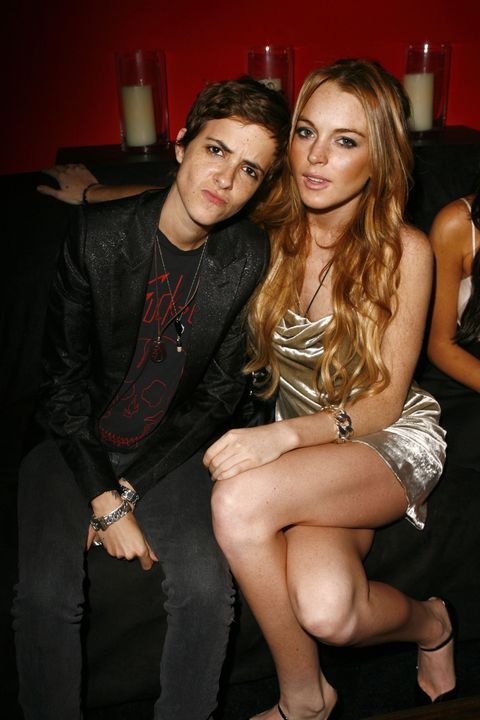
Lindsay Lohan and Samantha Ronson at The Kress on September 21, 2008 in Hollywood, California JEFF VESPA
In a sense, indie sleaze is not about a desperate urge to party with pre-pandemic abandon, but nostalgia for a world in which you could still live cheaply on basically nothing. Thanks to rising inflation and a crazy housing market, cheap rent has gone the way of Betamax or charcoal irons—a thing of the distant past. Even Macklemore’s 99-cent “leopard mink†would now cost at least $50 at the thrift shop—and that’s if it hasn’t already been marked up to $200 by an enterprising Depop seller.
The aesthetic also feels like a direct repudiation of the metaverse, which Mark Zuckerberg is hawking as the next stage of human development. If we are to believe him, the future of humanity involves sitting alone in a room wearing a giant headset and “interacting†with the world through a wholly virtual interface. According to The New York Times, “The metaverse will turn out to be one more suffocating blanket of technology, cocooning humans from each other, and from the sensory pleasures of real life.†Indie sleaze says, “Fuck that,†and leaves the house without a cellphone to see a DIY noise show in somebody’s basement. It encourages disciples to experience the world as it was before things became completely untenable, before exhaustion and hopelessness became a rote part of the human condition.
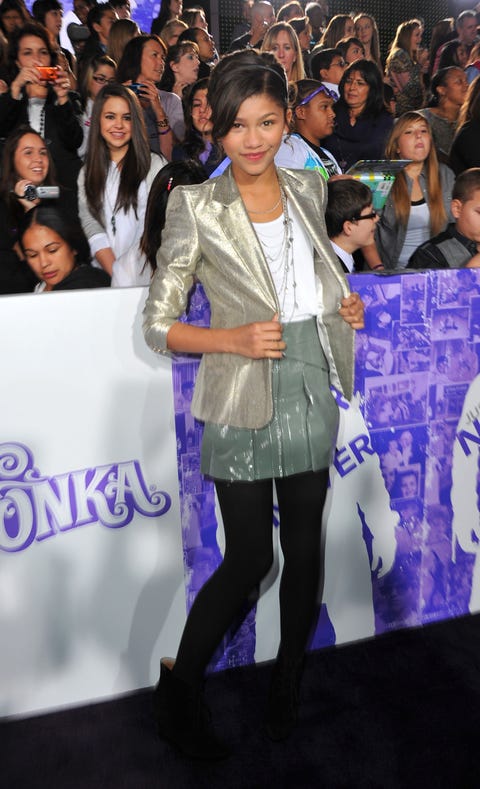
Zendaya at the premiere of Justin Bieber’s Never Say Never on February 8, 2011 in Los Angeles, California ALBERTO E. RODRIGUEZ
Of course, there are a number of barriers in the way of widespread adoption. The ironic provocateur attitude of VICE Magazine, which fed its audience thinly veiled racism under the guise of “making a joke,†has morphed into something darker, as some former hipster dirtbags like Gavin McInnes have helped fuel the current rise of fascism. Conversely, the unguarded elitism on display simply isn’t compatible with today’s “let people enjoy things†optimism. Though I do think there’s an argument to be made for gratuitously dunking on things one dislikes, it’s an activity best kept private.
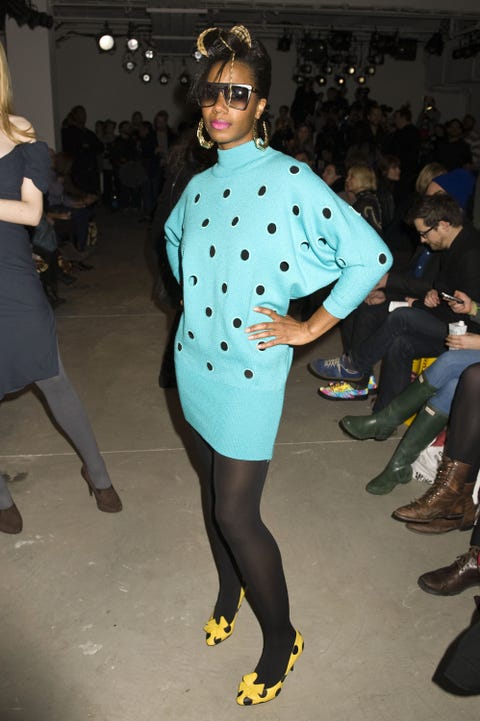
Santogold at Milk Studios on February 17, 2010 in New York City JUSTIN CAMPBELL
The next is that the style wasn’t all that mainstream to begin with, so it’s difficult to imagine the normies of today adopting neon-purple unitards and fried peroxide hair as their preferred mode of dress. The next is an admission of the more “problematic†aspects of the culture, which shouldn’t be ignored.
Some critics suggest we should be careful of glamorizing an era when sexual predators like Terry Richardson and Dov Charney ran amok. Mia Worthington, an 18-year-old indie sleaze devotee from Tucson, says she’s heard people go as far as to denounce wearing old American Apparel clothes, because they see it as disrespectful to victims of sexual harassment.
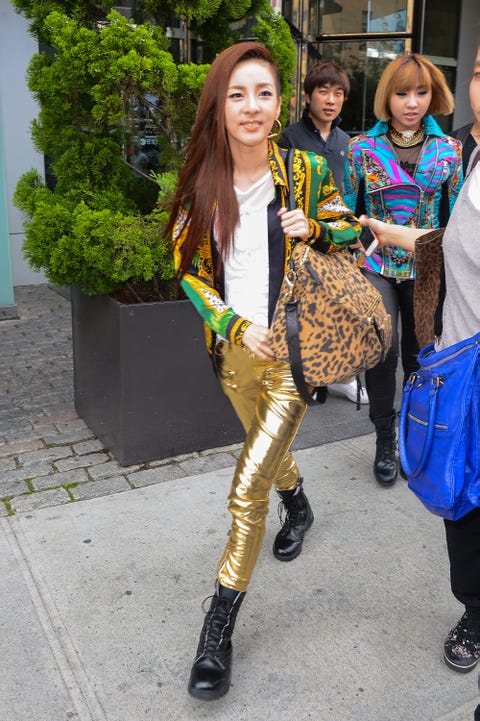
Sandara Dara Park, of 2ne1, leaves a Manhattan hotel on August 21, 2012 RAY TAMARRA
Lee doesn’t quite buy that argument, denouncing it as a “chronically online take.†“When trends come back, it’s not like the values are the same,†she says. “Nobody thinks that people who like to wear dresses from the ’50s and ’60s suddenly want to be housewives who are abused by their husbands.â€
Instead, she hopes this revival eschews some of the more unsavory elements of the era like starvation-thin bodies, out-of-control drug use, and a seemingly never-ending zest for cultural appropriation. (Remember when people wore ceremonial headdresses to Coachella? Unfortunately, that, too, constitutes indie sleaze.)
There’s no point in positioning indie sleaze as a more “innocent†time in history, but it does represent a pointed form of resistance against the direction the world is headed in. Renounce the metaverse in favor of shotgunning a warm, scuzzy PBR while listening to Klaxons remixes. If indie sleaze is coming back, long may it reign.

